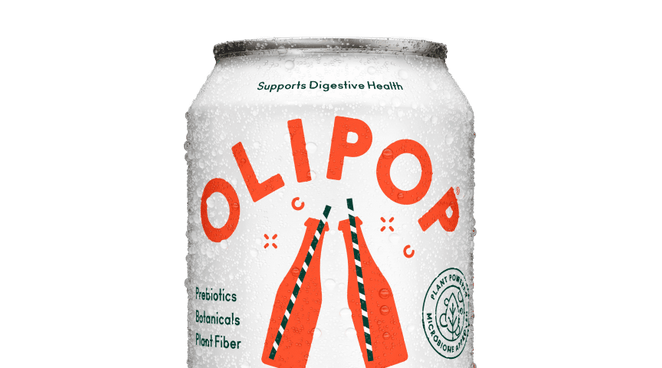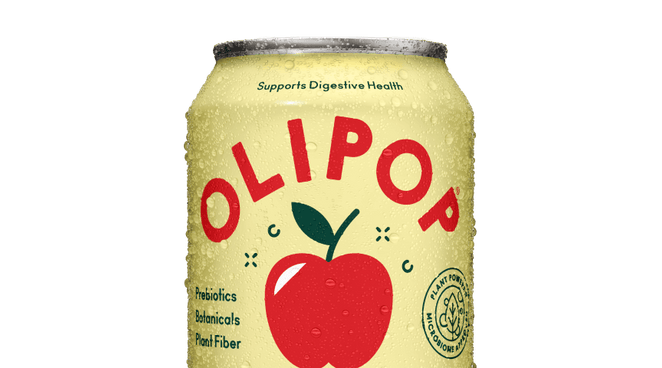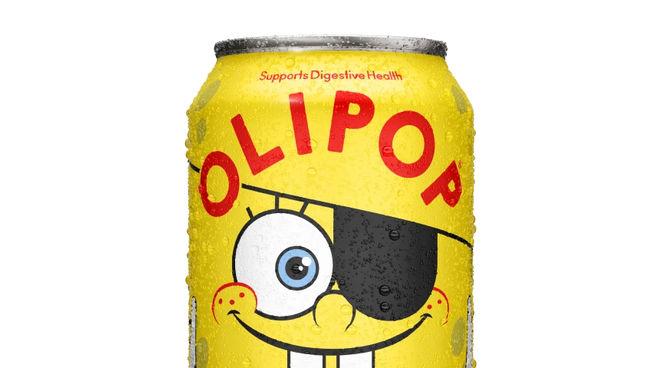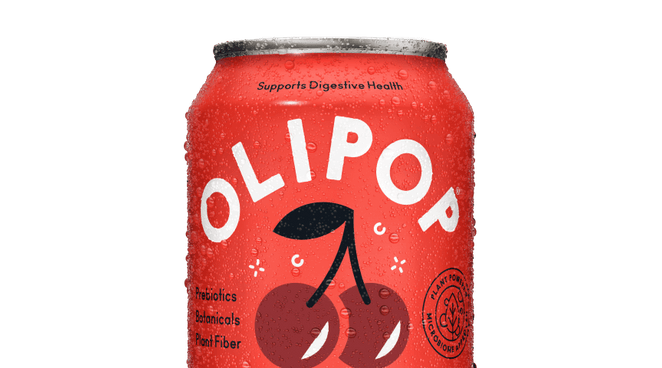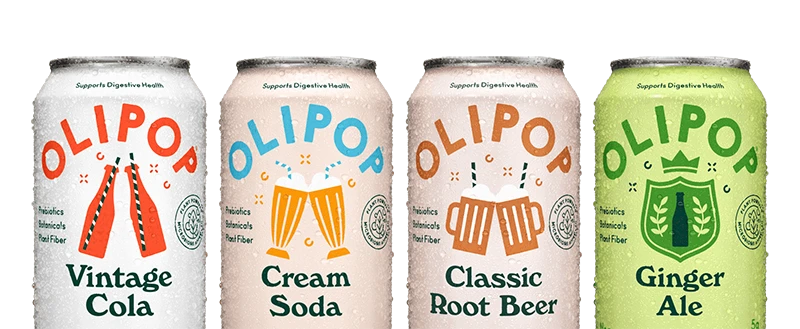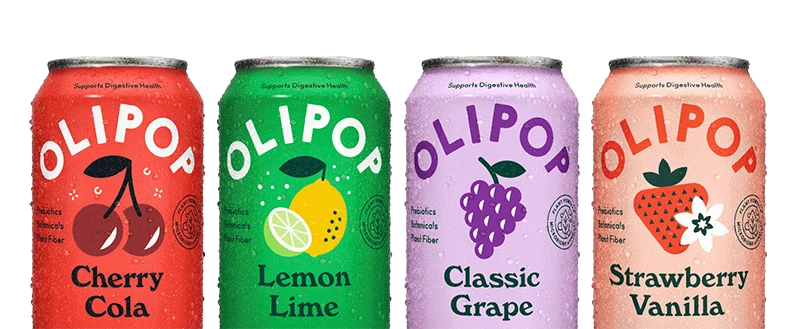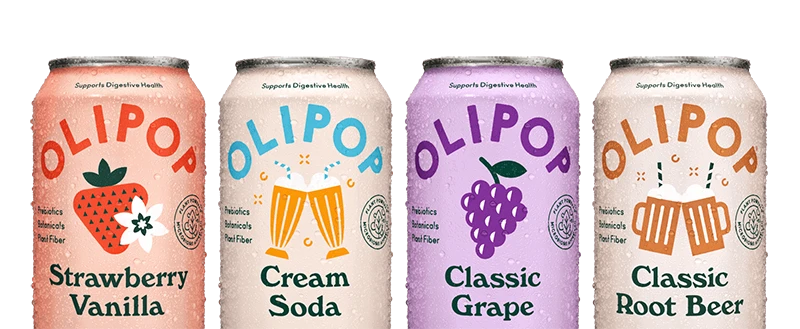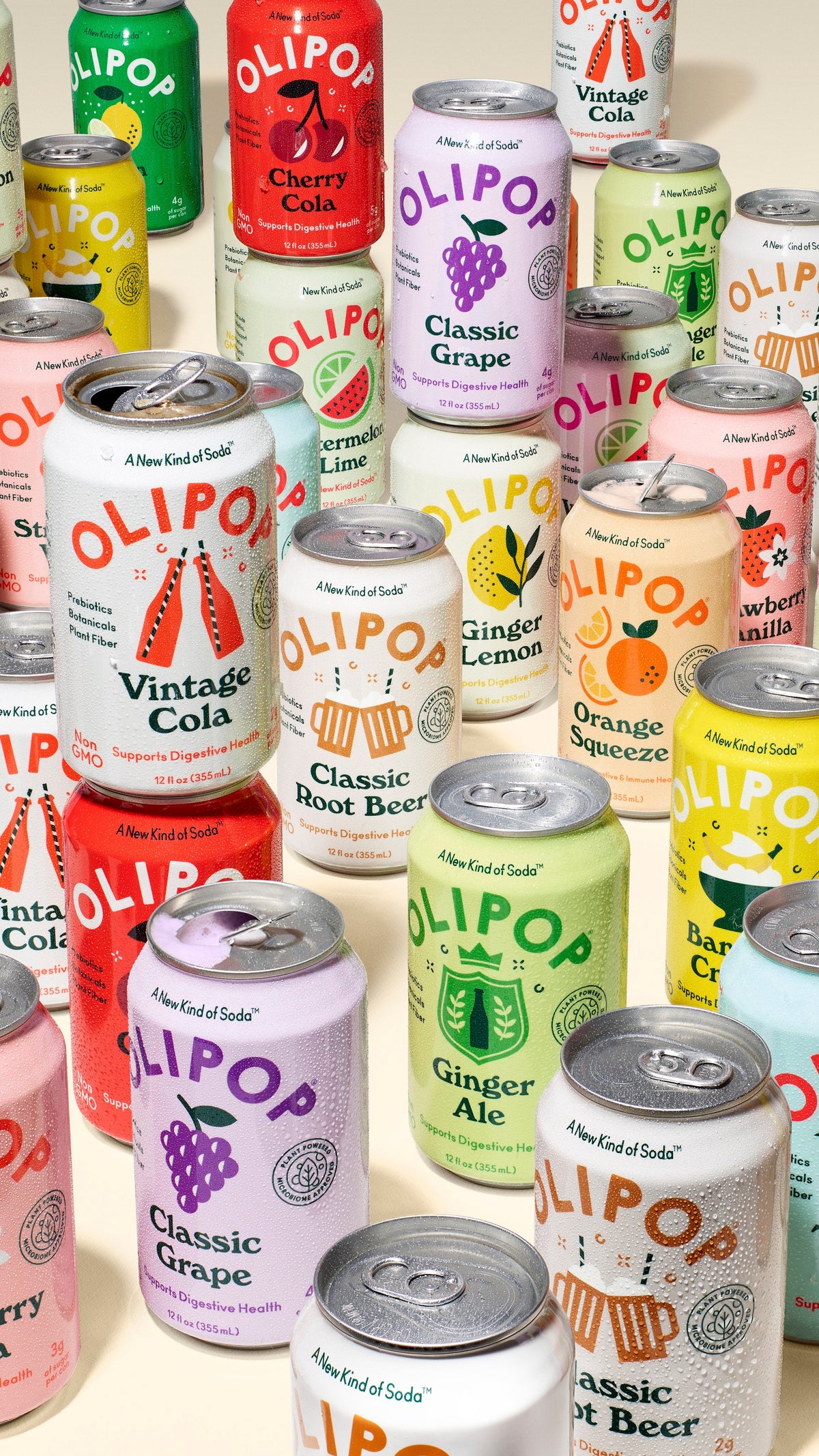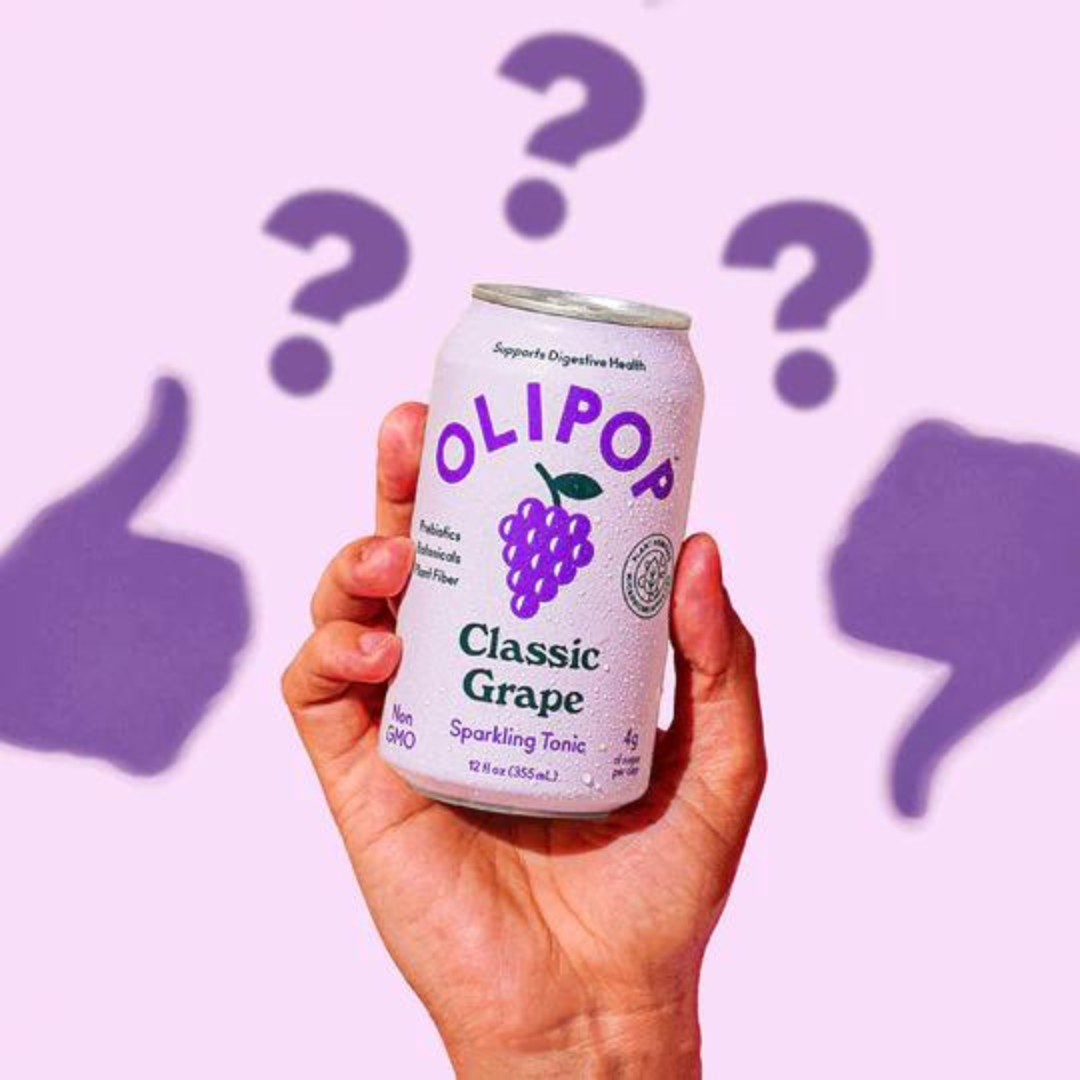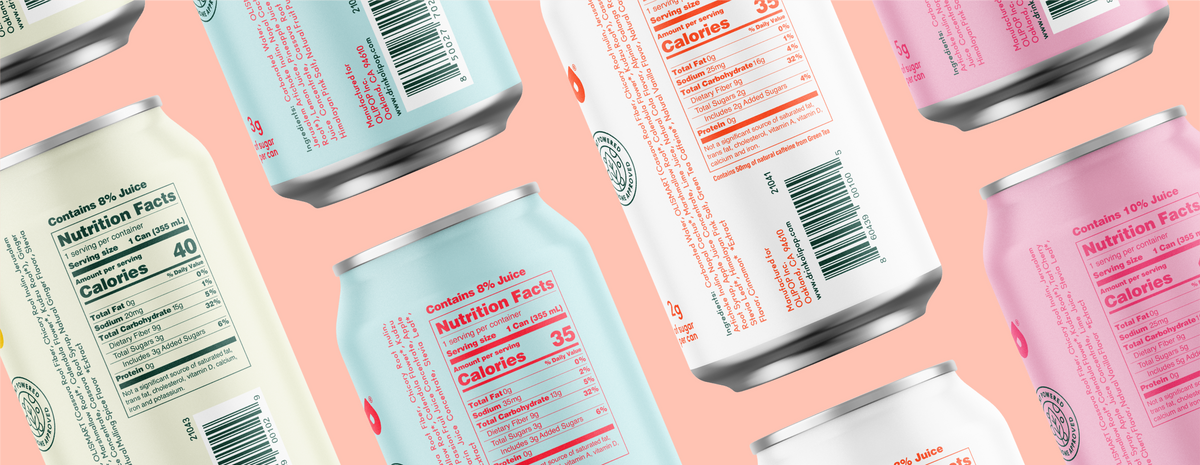-
Digestive Health - Prebiotics

6 min read
Prebiotics vs. Probiotics: What’s the Difference?
What's the difference between prebiotics and probiotics, and why does it matter? Here’s what you need to know and where OLIPOP fits in.
Read More
-
Digestive Health - Prebiotics

6 min read
Ultimate Guide to Inulin: Benefits, Uses, Nutrition & More
Noticing the word inulin showing up on ingredient labels? Here's what inulin fiber is all about, and why we use it in our OLIPOP refrigerated formula.
Read More
-
OLIPOP 101 - Flavors

4 min read
Shirley Temple Flavor Deep Dive
A bright, cherry-topped take on the Original Mocktail, OLIPOP Shirley Temple brings back the fun of your first fancy drink but with a modern twist.
Read More
-
OLIPOP 101 - OLIPOP FAQs

4 min read
Where Can You Buy OLIPOP? How to Find OLIPOP in the Wild
Discover where to buy OLIPOP, the delicious, high fiber soda with prebiotics. Learn how to use our store locator and how to order online.
Read More
-
Digestive Health - Fiber

6 min read
How Much Fiber Do You Need a Day?
You know fiber is good for you and that it’s needed in your diet. But what exactly is fiber, why is it important, and how much should you eat per day?
Read More
-
Digestive Health - Prebiotics

5 min read
What Is Prebiotic Fiber?
We're shining a light on the all-important benefits of prebiotic fiber and how to add more prebiotic fiber foods and drinks to your diet.
Read More
Use left/right arrows to navigate the slideshow or swipe left/right if using a mobile device


